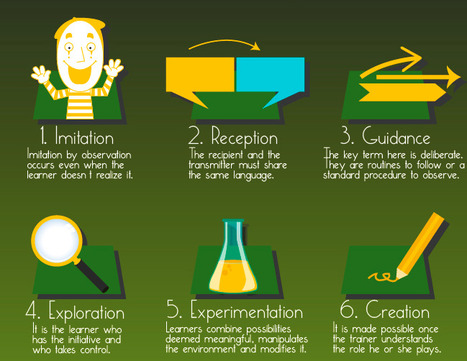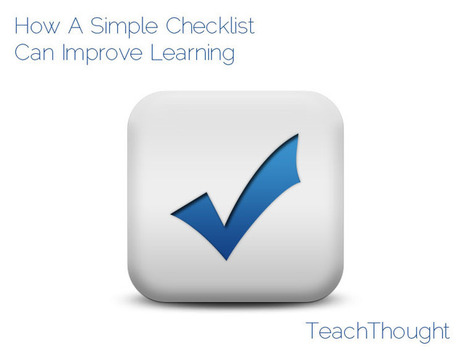A good eLearning course requires the right combination of learning events. But what are these exactly?
Research and publish the best content.
Get Started for FREE
Sign up with Facebook Sign up with X
I don't have a Facebook or a X account
Already have an account: Login
Tech tools that assist all students to be independent learners & teachers to become better teachers
Curated by
Beth Dichter
 Your new post is loading... Your new post is loading...
 Your new post is loading... Your new post is loading...
|
Gary Harwell's curator insight,
December 9, 2013 11:54 PM
Why don't we get our students into the habit of making a list? |











Guide for virtual learning of network weavers.
eLearn or in the classroom, as we look for ways to engage with content, these events give us choices in the type of transfer we expect in a lesson. Valuable resource in my UbD journey.
The infographic is a good summary but the blog is even better as a description.